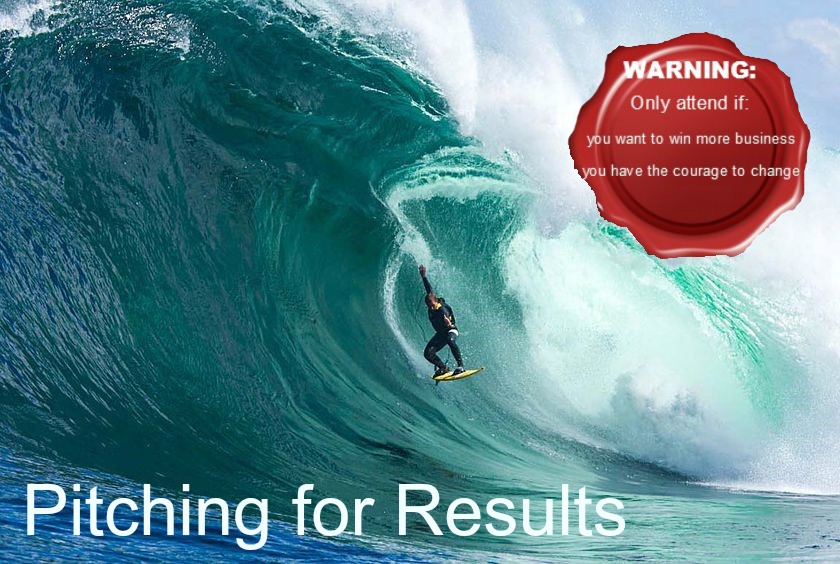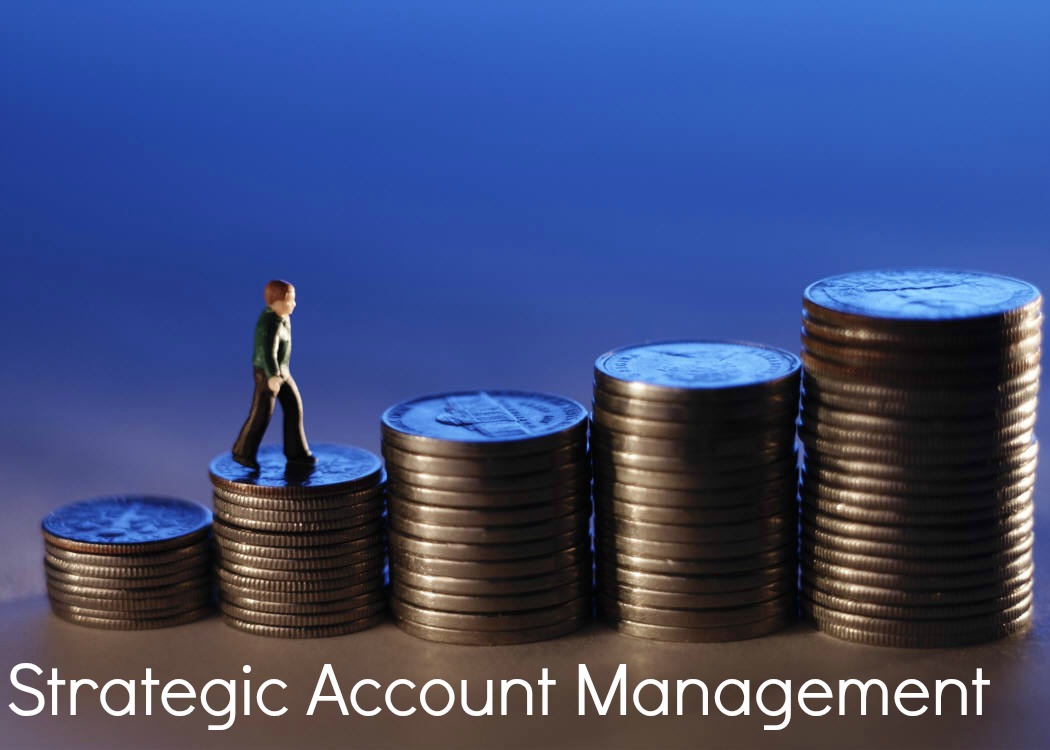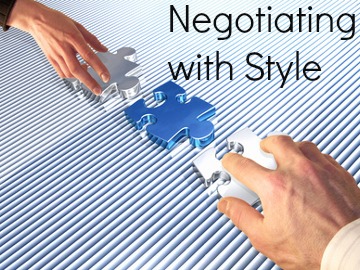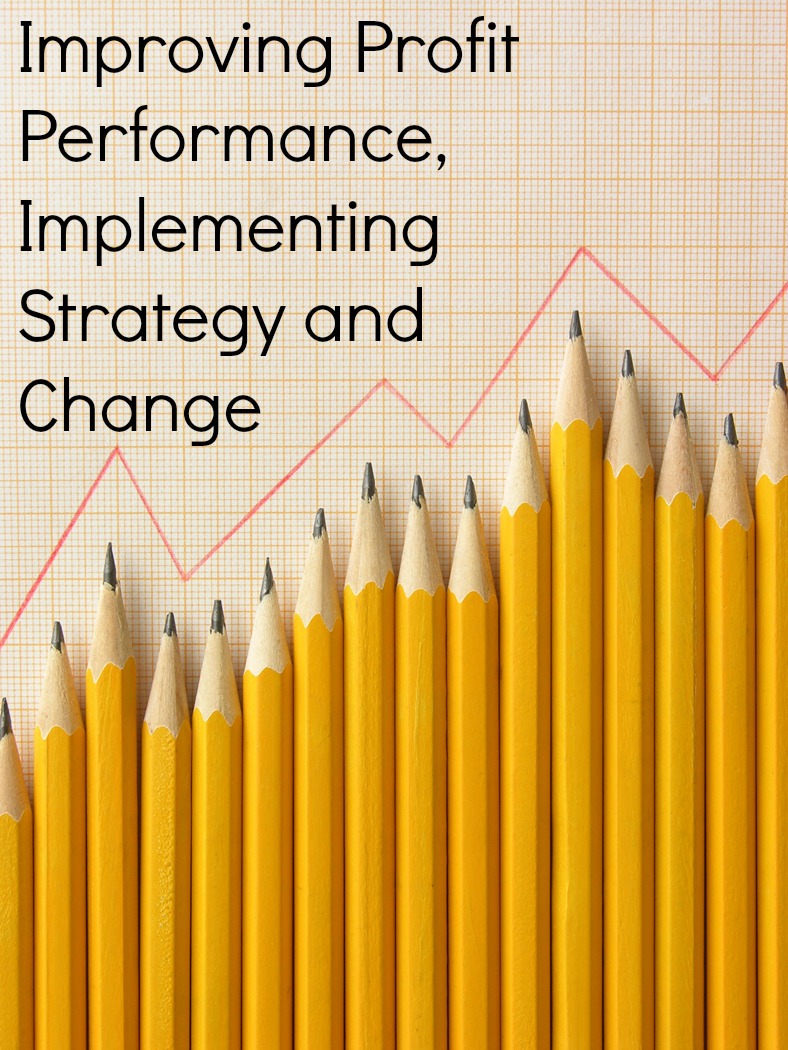How well are you managing your Strategic Customers?
 Thursday, July 4, 2013 at 9:40AM
Thursday, July 4, 2013 at 9:40AM In many of today’s markets growth is becoming slower. In slow growth markets competitors need to steal a market share from you. The first place they will look is your Strategic Customers. How well are you managing your Strategic Customers?
A quick test is during your 90 day account reviews: to ask two questions?
- How many actions in the account plan are going to make a difference to the customers’ results and your results beyond this financial year?
- How many actions are about more than your products and services?
The first question will show you if you are only being tactical—focusing on delivering sales this year. Or if you are also being strategic— building the relationship by doing some things that will cost you this financial year but produce a better sales result for you and your customer in the next financial year.
Some activities that support this year's sales is fine. However, too often and too soon, the tyranny of today drags Account Managers from investing time in activities that will pay off next year. Not investing this time will soon condemn your relationship to being transactional.
The second question shows whether your Account Managers are simply salespeople with a fancy title. If the actions in the account plan do not include actions that are about more than products and services then you are only being tactical—focusing on delivering sales this year.
The best Strategic Account Managers bring ideas and insights to help their Strategic Customers improve their results without any immediate return in increased product sales. Why? Simply because this is the biggest investment in the strategic relationship you can make. If your Strategic Customer sees you doing this and sees there is no obvious return for you, then they know you are serious about building the relationship.
Some simple examples:
- Getting your HR manager to share with their management team ideas for improving their employee satisfaction
- Letting your Insurance manager share his experience of making a claim for a flooded factory
- Getting your IT manager to share her experience installing SAP so the customer can learn from your experience
None of these will sell you more products and services; all of these will build your relationship which will sell more products and services.
Too often, Strategic Account Programs drift towards becoming product sales programs and away from building the strategic relationships. Building strategic relationships will build more sales beyond this financial year and will build barriers to keep your competitors out.
So, during your 90 day account reviews ask these two killer questions.
- How many actions in the account plan are going to make a difference to the customers’ results and your results beyond this financial year?
- How many actions are about more than your products and services?
If you need help to focus your Account Managers on their strategic relationships then call us on +61 2 9450 1040. We welcome any comments you want to share. To receive our blogs directly to your email then subscribe to the Gordian blog at the top right of this page. Simply add your email address to the box, click the button and you will receive all future Gordian blogs direct.














